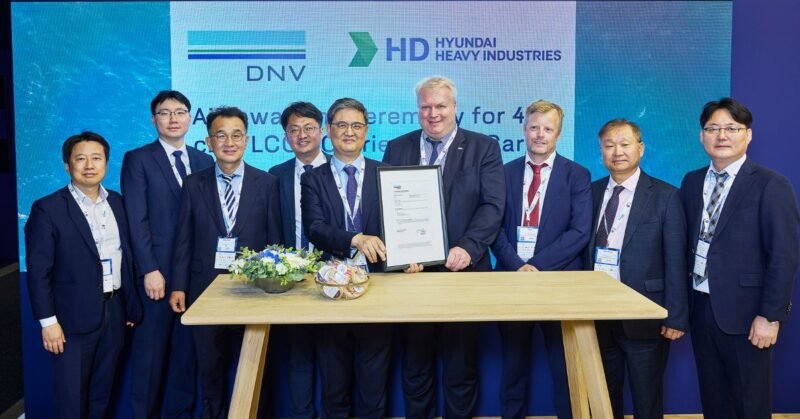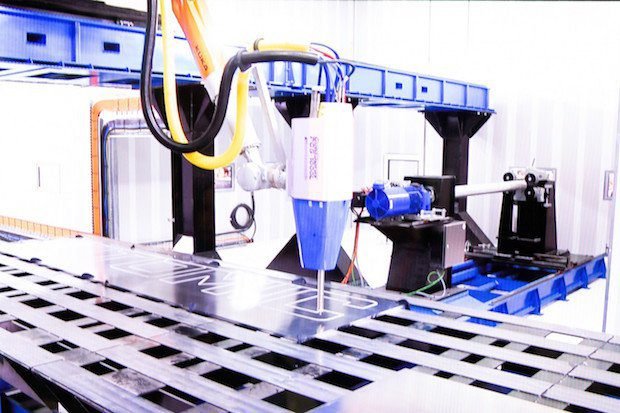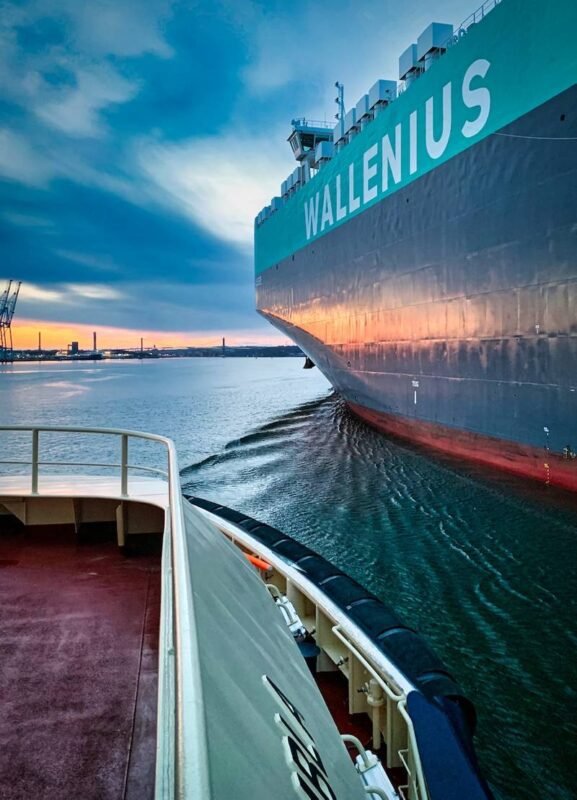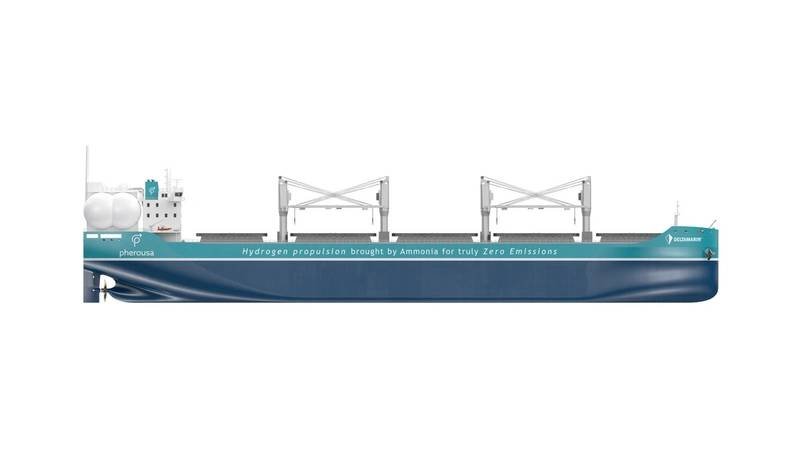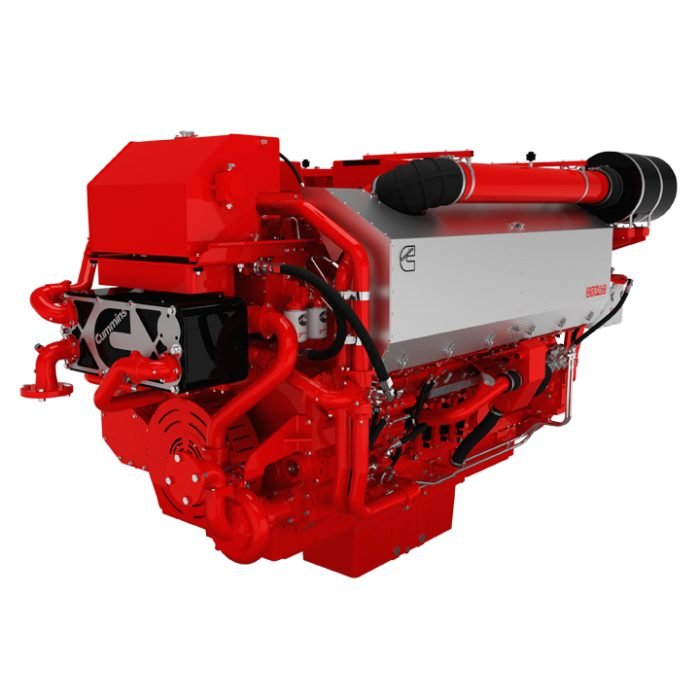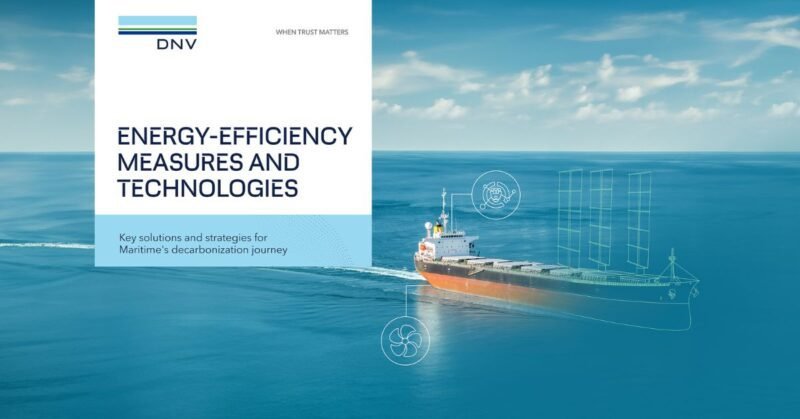Classification society DNV recently granted Wallenius Wilhelmsen its inaugural Biofuel Insetting Verification Statement, acknowledging the company’s utilization of B100, a 100% biofuel, on a recent journey. This recognition at the SMM trade fair is a significant stride towards sustainable shipping. Biofuel insetting is a strategy that enables shipping firms to diminish their carbon footprint by investing in emissions reduction projects within their own value chains. By utilizing a book-and-claim system, biofuel insetting allows green services to be offered based on certificates rather than actual fuel consumption, fostering the adoption of carbon-neutral fuels in the shipping industry.
Wallenius Wilhelmsen’s verification focused on greenhouse gas reductions accomplished with the use of B100 biofuel on its vehicle transporter, the Morning Post. By bunkering sustainable B100 in the port of Antwerp-Bruges, the company achieved a 90% reduction in CO2 equivalent emissions on a well-to-wake basis during the voyage. Senior Manager Sustainability at Wallenius Wilhelmsen, Jørgen Westrum Thorsen, emphasized the importance of sustainable biofuels in achieving their goal of climate neutrality by 2040.
DNV’s Managing Director of Maritime Advisory, Morten A. Lerø, highlighted the broader implications of insetting biofuels, noting its significance for companies aiming to reduce their carbon footprint in compliance with stringent regulatory requirements. To support this growing market, DNV has introduced a comprehensive biofuel verification service that covers all stages, from establishing emissions baselines to issuing verification statements and supporting Scope 3 accounting.




